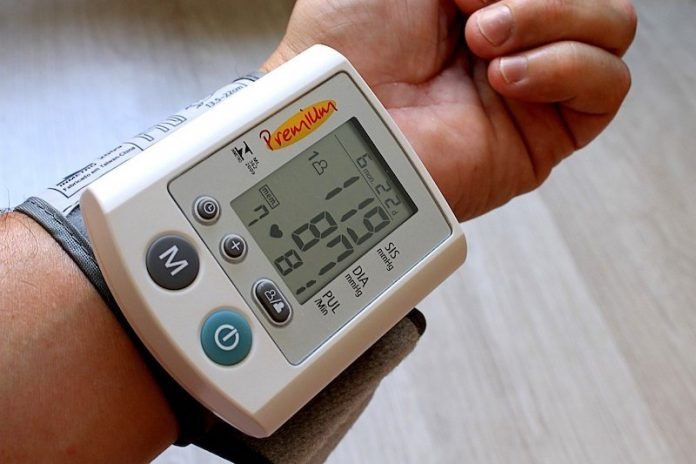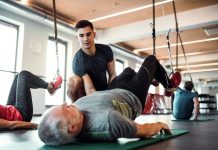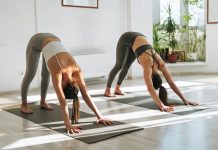
In a new study, researchers found that stretching is superior to brisk walking for reducing blood pressure in people with high blood pressure or who are at risk of the disease.
This new finding suggests that stretching should be part of a well-rounded treatment plan for people wrestling with hypertension.
The research was conducted by a team at the University of Saskatchewan (USask).
Walking has long been the prescription of choice for physicians trying to help their patients bring down their blood pressure.
High blood pressure (hypertension) is a leading risk factor for cardiovascular disease and among the top preventable risk factors affecting overall mortality.
It is common to think that stretching is just about stretching the muscles.
But when people stretch their muscles, they are also stretching all the blood vessels that feed into the muscle, including all the arteries.
If people can reduce the stiffness in their arteries, there’s less resistance to blood flow and hence lower blood pressure.
In the study, the team assigned 40 older men and women (mean age 61) to two groups for the eight-week study period: one did a whole-body stretching routine for 30 minutes a day, five days a week, and the other group walked briskly for the same amount of time and frequency.
All participants had elevated blood pressure, or stage 1 hypertension, at the start of the study.
The team found stretching resulted in bigger reductions in blood pressure across all three types of measurement. The walkers did, however, lose more body fat off their waist in the eight-week study.
The researchers say that people who are walking to reduce their high blood pressure should continue to do so, but also add in some stretching sessions.
While the study protocol had participants stretching for 30 minutes at a time, the team suspects the same benefits can be achieved by doing a shorter routine that emphasizes the larger muscle groups in the legs, particularly the quadriceps and hamstrings.
Yoga may produce similar reductions in blood pressure.
One author of the study is kinesiology professor Dr. Phil Chilibeck (Ph.D.).
The study is published in the Journal of Physical Activity and Health.
Copyright © 2021 Knowridge Science Report. All rights reserved.



